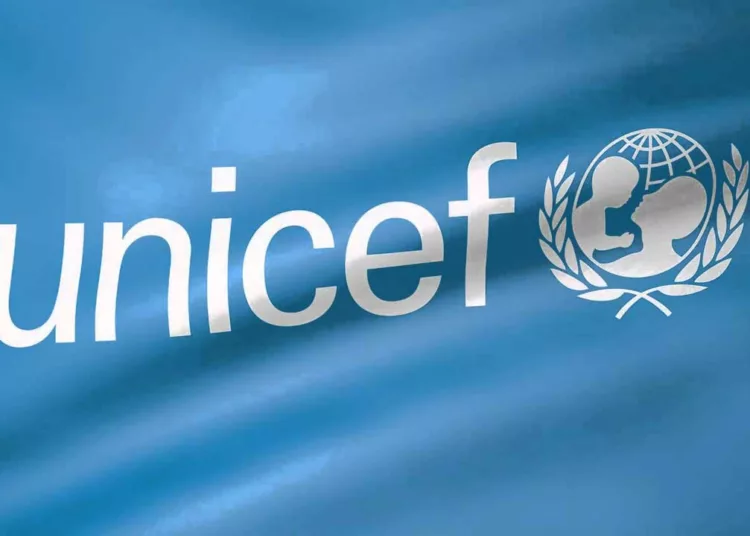The United Nations Children’s Emergency Fund (UNICEF) has said after screening about 8,605 children between 6 and 59 months in the resettled community of New Marte in Marte local government area of Borno State, it identified 2,156 malnourished children who were admitted into the nutrition programme and were fully recovered.
UNICEF emergency manager, Andrea Malatesta who disclosed this yesterday in Maiduguri, said of those recovered, 1,358 severe were cases of acute malnutrition, while 798 cases were moderate acute malnutrition.
He said the activity in New Marte which is the Rapid Response Mechanism (RRM) was UNICEF’s emergency response service to address the immediate needs of very vulnerable people who need urgent assistance.
He attributed rampant causes of acute malnutrition to the protracted conflict which has continued to impact on the ability of households to produce food on their farmlands, saying this had resulted in increased food insecurity.
“Households do not always get nutritious food that they need, and many adopt coping strategies like skipping meals. As a result, children, pregnant and lactating mothers do not have nutritious food crucial to their survival and development, hence the high cases of moderate acute malnutrition (MAM ) and severe acute malnutrition (SAM) .
“The first action is to treat especially SAM cases. That is why UNICEF is working with partners to provide emergency response to provide prompt treatment to children affected by acute malnutrition first. With the support of the Foreign, Commonwealth and Development Office (FCDO), we are making sure that the therapeutic food, supplements and medications that children with SAM need are available.
“In addition, we are training mothers and other caregivers in Marte on proper food preparation as well as personal hygiene and feeding practices. However, long term solutions that will ensure food production at household levels are very important in addressing the food insecurity challenge.
“460,000 children were treated for acute malnutrition across Borno, Adamawa and Yobe states in 2023. That is 37 per cent increase for the same period in 2022. Children in Northeast Nigeria are battling escalating levels of malnutrition and they need immediate and wholistic response to address this,” he said.





